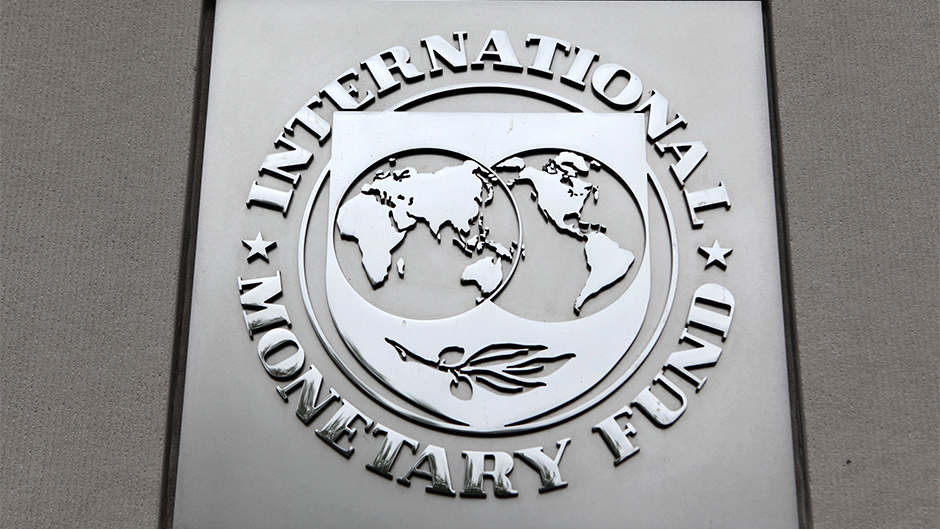
Andrew Jewell, the International Monetary Fund's (IMF) Resident Representative in Bosnia, said that the country's banking sector plays a crucial role in helping the economy overcome and recover the crisis caused by the Covid-19 pandemic.
He said the IMF fully supported the moratorium on the loan payment for businesses and individuals who were left with no income and that it encourages the banks to continue their active participation in such programmes initiated by banking agencies of Bosnia's both semi-autonomous regions, the Federation and Republika Srpska.
But, he stressed, the Fund's executive board strongly objected the absolute moratorium that would be applied on all debtors regardless of their financial situation.
Legal entities and individuals who are able to pay off their debt should continue doing so, said Jewell, stressing that this would enable the banks to provide new loans for the economy.
“IMF strongly objects all proposals that would dictate the banks the amount of interest rates they charge for their loans. The banks, like other economic actors, are facing unprecedented challenges and are likely to face losses in 2020,” said the IMF's official in Bosnia, reiterating that imposing the absolute moratorium and dictating interest rates that are below the market value would increase the banks' losses, reduce their liquidity and weaken the banking sector.
“The risk of negative spillovers into the financial sector is something we are closely following. The global financial crisis emerged in the financial sector and spread to the real economy. The situation is reversed now because the crisis first hit the real economy and there is a risk of its spread on the financial sector,” he stressed.
After granting a 330 million Euro loan to Bosnia under a Rapid Financial Instrument (RFI) to combat the Covid-19 crisis, the IMF will now focus on talks on a new, long-term arrangement with the authorities, he said.
Kakvo je tvoje mišljenje o ovome?
Učestvuj u diskusiji ili pročitaj komentare





 Srbija
Srbija
 Hrvatska
Hrvatska
 Slovenija
Slovenija







